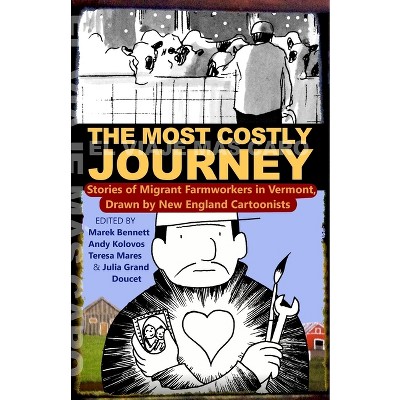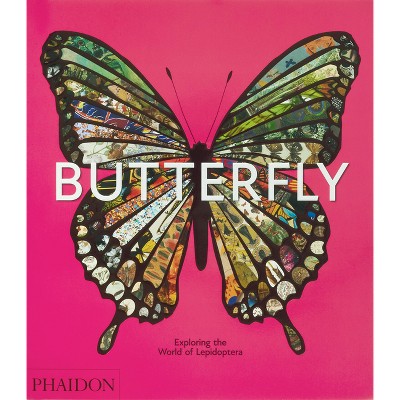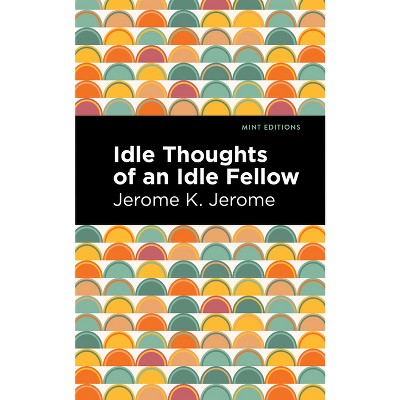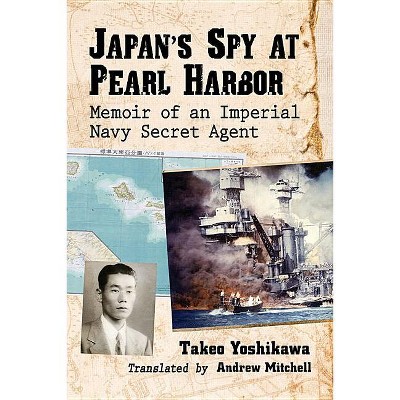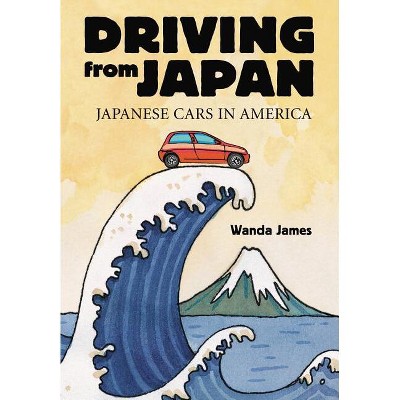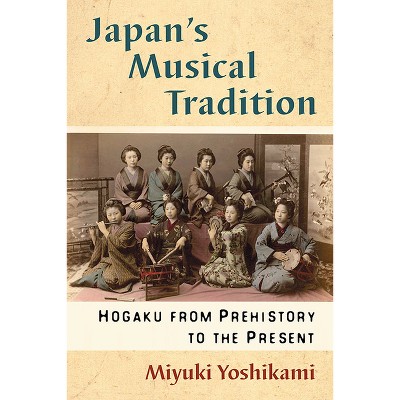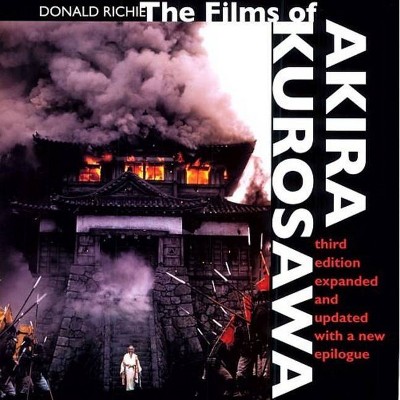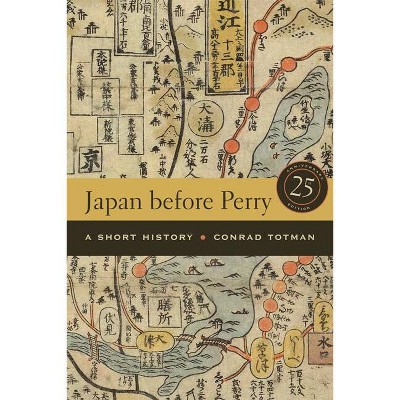Sponsored

Akira Kurosawa and Modern Japan - by David A Conrad (Paperback)
In Stock
Sponsored
About this item
Highlights
- The samurai films of legendary Japanese director Akira Kurosawa are set in the past, but they tell us much about the present, as do his crime stories, romances, military films, medical dramas and art films.
- About the Author: David A. Conrad grew up in Fort Worth, Texas, spent three transformative years in Japan's Miyagi prefecture, and received a Ph.D. in history from the University of Texas at Austin in 2016.
- 260 Pages
- Performing Arts, Film
Description
About the Book
"The samurai films of legendary Japanese director Akira Kurosawa are set in the past, but they tell us much about the present, as do his crime stories, romances, military films, medical dramas and art films. Kurosawa's movies are beloved for their ageless protagonists and haunting vistas of old Japan, but we haven't yet fully grasped everything they can teach us about modern Japan. This detailed study of all thirty of Kurosawa's films analyzes the links between the thrilling narratives onscreen and the equally remarkable events that occurred in Japan over his long, productive career. Kurosawa's films adapted and evolved as Japan redefined and reinvented itself, from films made for Japan's wartime regime to those made amid the trials of American occupation. Kurosawa's films also include lavish epics from the "economic miracle" years and searching masterpieces he made with international assistance in a globalizing world. This book explores how Kurosawa's classics depict the political, economic, cultural, sexual and environmental upheavals of a nation at the center of a turbulent century, whether directly or through period-piece mythmaking"--Book Synopsis
The samurai films of legendary Japanese director Akira Kurosawa are set in the past, but they tell us much about the present, as do his crime stories, romances, military films, medical dramas and art films. His movies are beloved for their timeless protagonists and haunting vistas of old Japan, but we haven't yet fully grasped everything they can teach us about modern Japan. Kurosawa's films evolved as Japan redefined and reinvented itself, from movies made for the wartime regime to those made amid the trials of American occupation. From the lavish epics of the economic miracle years to searching masterpieces made with international assistance in a globalizing world, Kurosawa's movies responded to changing times.
This detailed study of all 30 of Kurosawa's films analyzes the links between the thrilling narratives onscreen and the equally remarkable events that occurred in Japan over his long, productive career. This book explores how Kurosawa's classics depict the political, economic, cultural, sexual and environmental upheavals of a nation at the center of a turbulent century, both directly and through period-piece mythmaking.
Review Quotes
"Written in a very clean, very easy-to-read style that allows the argument to flow naturally, almost conversationally, making it a real pleasure to read...excellent...recommend."-Akira Kurosawa News
About the Author
David A. Conrad grew up in Fort Worth, Texas, spent three transformative years in Japan's Miyagi prefecture, and received a Ph.D. in history from the University of Texas at Austin in 2016. He lives in Round Rock, Texas.Shipping details
Return details
Frequently bought together

Trending Non-Fiction






